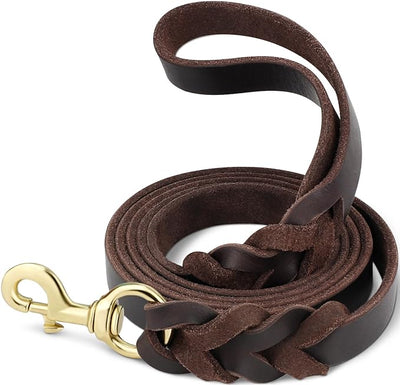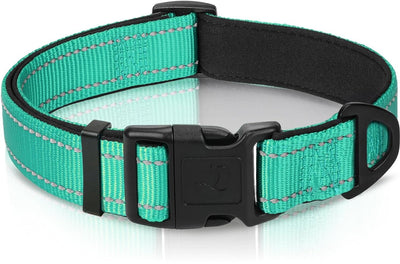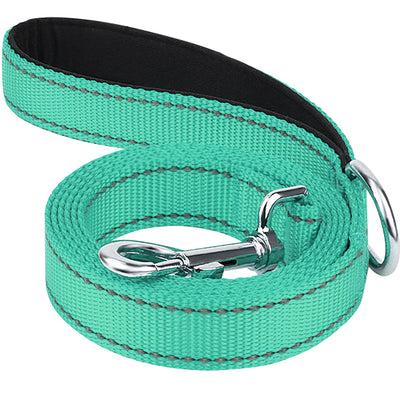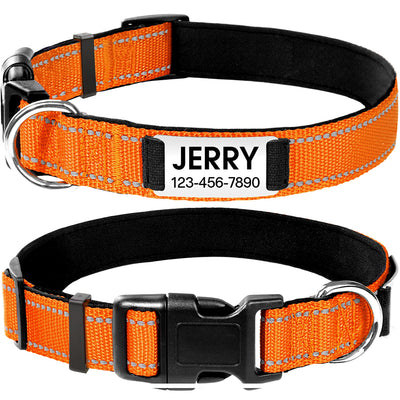
When it comes to ensuring the safety and well-being of our furry friends, a leash is an indispensable tool. Veterinarians rely on different types of leashes to effectively manage and control pets during examinations, treatments, and routine check-ups. In this comprehensive guide, we will explore the various types of leashes commonly used by veterinarians and their significance in providing optimal care for our beloved pets.
Traditional Nylon Leashes for Veterinary Care
Nylon leashes are the most commonly used type in veterinary clinics. They are lightweight, durable, and easy to clean, making them ideal for everyday use. These leashes typically come in varying lengths and widths to accommodate different dog breeds and sizes. The sturdy construction of nylon leashes ensures that even the most energetic pets can be safely controlled during veterinary procedures.
Slip Leads - Versatile Leashes for Emergency Situations
Slip leads, also known as "vet leads," are widely utilized by veterinarians for their versatility. These leashes consist of a nylon or rope loop that can be easily slipped over a dog's head, forming a collar and leash in one. Slip leads are particularly useful in emergency situations or when dealing with fearful or aggressive animals. They provide quick control and secure restraint, allowing veterinarians to administer necessary medical care.
Martingale Leashes - Preventing Dogs from Slipping Out
Martingale leashes, often used in veterinary settings, are designed to prevent dogs from slipping out of their collars. These leashes feature a looped design with a section that tightens when tension is applied. The gentle tightening action of the martingale leash ensures that pets remain securely leashed during examinations, vaccinations, or other veterinary procedures.
Retractable Leashes - Balancing Freedom and Control
Retractable leashes offer veterinarians flexibility when examining or treating pets that may require more freedom of movement. These leashes consist of a thin, cord-like material housed inside a plastic casing. Veterinarians can adjust the length of the leash, allowing pets to explore their surroundings while still maintaining control. However, it's important to note that retractable leashes may not be suitable for all scenarios, as they can pose a safety risk if not used properly.

Chain Leashes - Added Strength for Powerful Dogs
In certain situations, such as handling aggressive or powerful dogs, veterinarians may opt for chain leashes. These leashes are constructed from interlocking metal links, providing added strength and durability. Chain leashes offer enhanced control and are less likely to break or fray, making them a preferred choice when dealing with larger or stronger animals.
In conclusion, leashes play a vital role in veterinary practices, ensuring the safety of both pets and professionals during examinations and treatments. From traditional nylon leashes to slip leads, martingale leashes, retractable leashes, and chain leashes, veterinarians have a range of options to suit different situations and animal temperaments. Understanding the various types of leashes used by veterinarians can help pet owners appreciate the importance of leash safety and choose the appropriate type for their own furry companions. Remember, a well-chosen leash can contribute to a positive and stress-free veterinary experience for everyone involved.
Relevant: Vets to Pets





